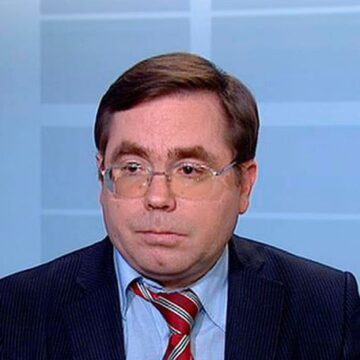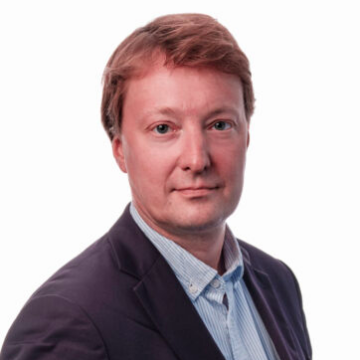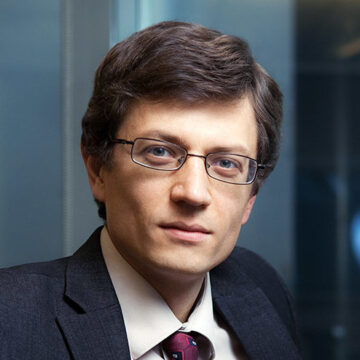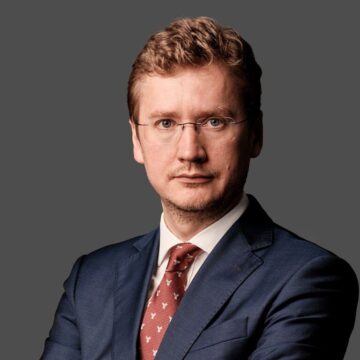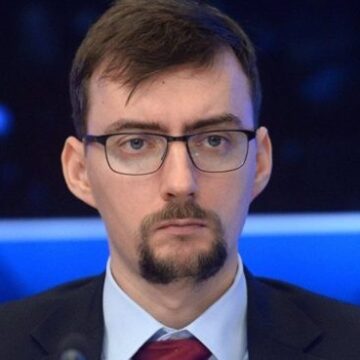World politics has begun to rapidly return to a state of anarchy built on force. “The end of history” culminated in the restoration of its usual course – the destruction of the international order resulting from large- scale conflicts between centres of power.
The historical period to come will be marked by conflicts and, most likely, hostilities that are an inevitable part of the emergence of a new international order. A fuse system that could at least mitigate the emerging threats is vital to global security. But it is unlikely to ever be developed without providing an answer to the above question of how to ensure the balanced functioning of the international system in the absence of a hegemon and a clear-cut hierarchy.


As a result, a powerful machine created for the “proper” (in the interests of the hegemon) distribution of goods and (after all) promotion of development has become a mechanism for punishing nations that claim global power or are simply dissatisfied with the current state of affairs. Improper use leads to accelerated wear of the system and also blocks the prospects for it morphing into something that is aligned with new times. Simply changing the “operator” as it happened in earlier centuries (for example, the United States taking over from Britain) will not help today. It just won’t work.
In theory, China should be the next nation at the helm, but there are several concurrent obstacles to that ever happening. First, the current leader is emphatically against giving up its top spot to Beijing, and the entire system under its control (primarily finance and the economy) will oppose this. Second, the PRC does not appear to be ready or willing to take on the associated burden and risks. Third, and most importantly, the structure of global politics has changed in such a way that important countries will simply not agree to anyone’s dominance.
Nevertheless, the need for international restructuring is extremely pressing, since the world at large and individual countries are facing multiple challenges, including existential ones. Objective processes are leading the world to a system that is much more based on regional spaces. “Pulling together” the countries that form a spatial community and streamlining (simplifying and shortening) the value and supply chains is a pathway towards overcoming the pandemic-related challenges. The crisis caused by the economic war of the West against Russia has also highlighted the value of interaction that is immune to external interference which includes geographical proximity.
Relying on regional interaction and creating spatial communities can resolve the issues of development of small- and medium-sized countries that do not have sufficient resources of their own for development. Being part of regional associations, they have a good chance to find their own niche, take advantage of the collective potential and contribute to it.


The most urgent issue – the world’s dependence on the dollar-based financial system – will also be resolved much easier by a group of stakeholder countries that can agree among themselves on alternative forms of settlement and trade that bypass the US sphere of influence. The United States can use secondary sanctions, but their undeniable abuse has already begun to undermine this tool’s effectiveness.
The future system must be similar to the superpower model in its original design just in one respect. The key role in it will not be played by military force, even if the international military-political tensions increase during the transition period. Military conflicts, including the one that is now blazing in Europe, are not about building a new order, but are the result of the dysfunction of the one that has existed so far. Even though readjusting the imbalances in global development, as we see, can lead to the use of military force, as such it is not and should not be a decisive factor as we move forward.
The democratisation of the international environment needs an appropriate response, which is not about suppressing but harmonising interests and respecting pluralism of opinions and assessments. Hierarchy gives way to distributed interaction. A world without superpowers will need a system of self-regulation, which implies much greater freedom of action and responsibility for such actions. With that, we will eventually be able to move from the phase of complete collapse to the next stage which is creation.
You can download the report here.






